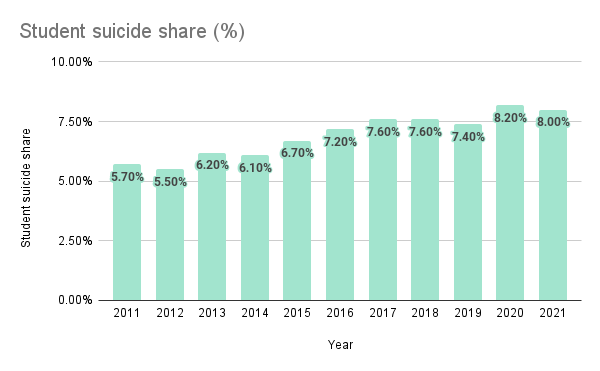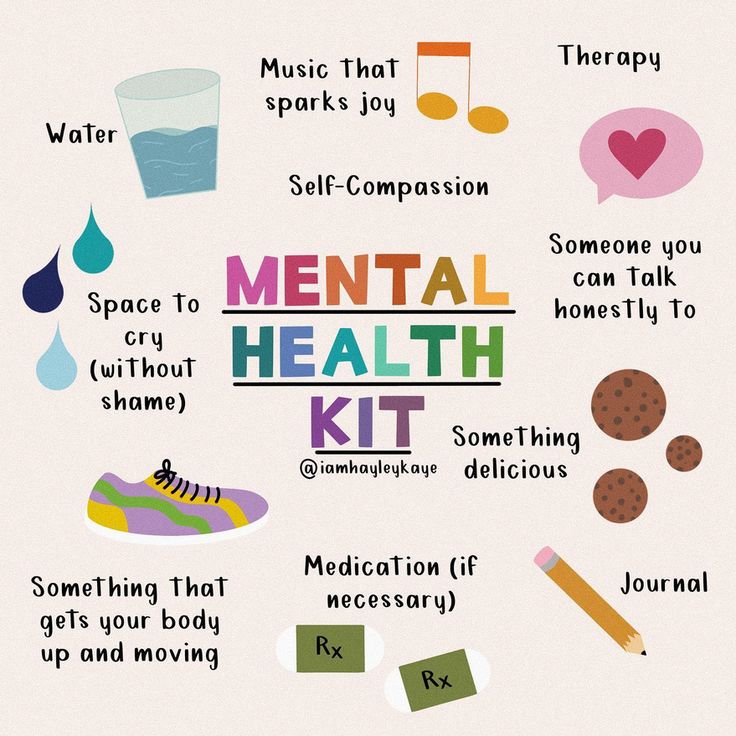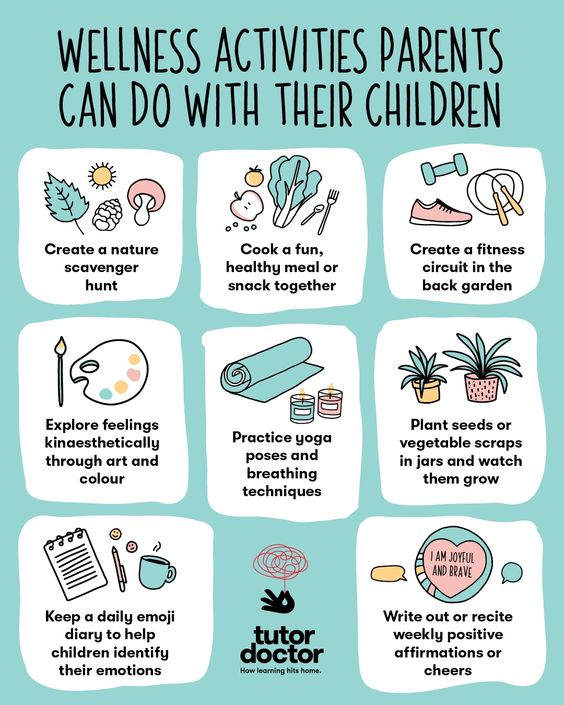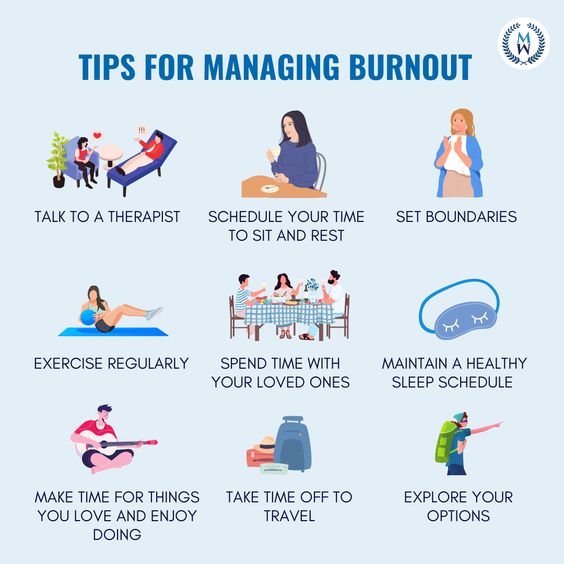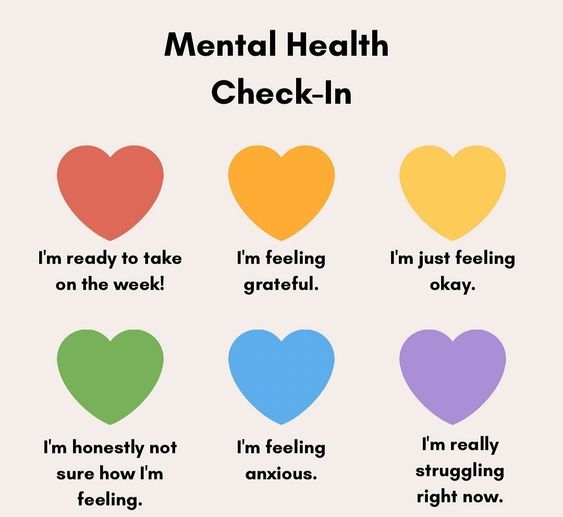Supporting Students and Professionals on World Suicide Prevention Day
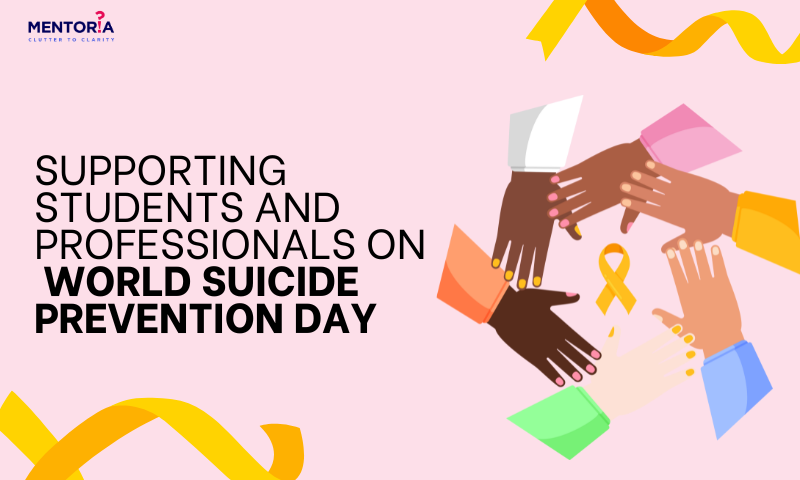
Thousands of people lose their lives every year simply because they suffer in silence. World Suicide Prevention Day demands us to face this issue head-on. Whether you are a student buried under academic pressure, an employed professional trying to keep up with demanding work, or a parent worried about your child’s future, this blog is for you.
Today, we will discuss why these numbers are rising and, more importantly, what we can do about it.
Students in Crisis: What’s Going On?
Numbers never lie: student suicide rates in India are rising at an alarming rate. Suicide rates are outpacing population growth, a recent report shows. Shocking, isn’t it? We see such news every other day on social media and scroll away as if it would not matter.
It happened again, another NEET aspirant recently ended his life due to unbearable pressure. It is shocking to see how examination stress, anxiety, and expectations from society all combine to push students to their breaking point in such large numbers.
Why Is This Happening?
Students are feeling the weight of expectations like never before. Whether it is their ambition to crack NEET or JEE or the threat of unemployment after graduation, the pressure is increasing. Parental expectations also play a huge part in this because sometimes students feel they cannot afford to fail and that pressure is too much to deal with.
What Can We Do to Help?
For Students
- Build a Self-Care Kit: It can include two or three books, some snacks, or your favourite music that would help you relax, candles, bubble wrap/stress balls/fidget spinners, old family pictures, or that favourite book your parents used to read to you. Plus journaling. The self-care kit comes in handy on tough days.
- Try Digital Detox Days: Plan one day a week for a digital blackout with no social media, emails, or text messages, just you. Use that day to recharge yourself, take a walk, or just hang around with friends and family. You will be surprised by how recharged you will be afterwards.
- Family Check-in Rituals: Regular family check-ins can be an ideal de-stressor. Call all those distant cousins and talk about how all of you are feeling. It doesn’t have to be serious, just a fun chat that keeps bonding stronger and reduces the pressure.
For Parents: Being There for Your Child Beyond the Academics
- Keep a Check: Create habits of checking in with your child on their mental health apart from school grades. Let them know that their mental health is a lot more important than their academic results. A great starter would be asking them questions about their friends and showing interest in their hobbies.
- Encourage Expression: Let your child express themselves without being judged. If your child is stressed, anxious, or excited about this, make sure you assure them of these feelings. Example: If they tell you they had a fight with their classmate, try to know the entire story before reacting. Make them feel heard.
- Create a ‘Failure is OK’ Ritual: Start a weekly ritual where you and your child share something that didn’t go as planned that week. Then, discuss what you both learned from it. This normalises failure and shifts the focus from results to personal growth, making setbacks less intimidating.
Click here to learn more about how to deal with your child’s mental health.
Working Professionals: The Hidden Crisis
Working professionals are equally bearing the brunt of increasing mental health problems. The demands of today’s workplace can sometimes be exhausting, leading to burnout, job insecurity, and workload. These uncertainties are pushing many professionals to the edge, especially in places where unemployment rates are rising, like the recent case in Andhra Pradesh.
What’s Driving This?
The root causes include work cultures that justify the act of overworking, a lack of support for their mental health, and pressures to keep up a good performance no matter what.
What Can We Do To Help?
For Working Professionals
- Prioritise Balance: Yes, your career is important, but so is your well-being. Take some personal time away from the office or workplace. A day off isn’t a treat, mental health breaks are a must.
- Advocate for Change: Seek help by talking to colleagues, friends and family. You can take little steps at the workplace to take mental health seriously by promoting supportive policies for well-being, such as flexible working hours or on-site counselling.
- Write Time Capsule Messages to Yourself: Use emails to write a positive note to yourself and schedule the date for three or six months later. It could be a message to remind you of how far you’ve come or encouragement not to give up when things get really tough.
Click here to learn strategies to address mental health at work.
For Employers
- Promote Mental Health Days: Encourage employees to take time off for mental health days without stigma. Sometimes, taking the time will renew their spirit and prevent a case of burnout later on, which improves overall productivity.
- Offer ‘Creative Time’: Offer employees an hour of their office time for personal, creative projects unrelated to their job descriptions. This could be painting, writing, or even just brainstorming about new ideas. Doing this just once a week will let them work on something that they enjoy, leading to less stress and increased job satisfaction.
- Organise ‘Walk-and-Talk’ Meetings: Encourage employees to substitute traditional meetings with outdoor or indoor walking meetings. This simple shift helps employees get a bit of physical exercise, decreases the formality in meetings, and opens up a free-flowing conversation that can help lower stress levels and stimulate creativity.
Click here to see what you can do to help your employees.
Putting It All Together: Parents, Educators, and Employers
Suicide prevention is not just an issue for mental health professionals. We all are capable of contributing to the mental health of our loved ones and the people in our community. We can make a difference by creating safe spaces in which people feel comfortable speaking up and seeking help.
Early intervention is key: So many lives could have been saved today had these mental conditions been addressed early enough. Let’s raise one another in our community, schools, and workplaces, where we value them, hear their cry, and understand their emotions.
Hotlines and Helplines for Suicide Prevention
For anyone in need of help, there are suicide prevention helplines available across India for different demographics and situations:
- iCALL (Tata Institute of Social Sciences): 9152987821 (Available in multiple languages)
- Snehi: 91-22-2772 6771 (Focuses on supporting youth and children)
- Sumaitri: 91-22-2772 6771 (For students, homemakers, and professionals)
Let’s Take Action Together
Students, professionals, and all those in between demand our support, which only begins with open communication and access to resources. You are not alone, and whether you carry the burden of academic or workplace stress, there is a way to get help. This World Suicide Prevention Day, let the first right step be towards a future wherein nobody struggles in silence. We at Mentoria can help set the right expectations by analysing your strengths, abilities, personality, and interests, helping you avoid unnecessary stress. An expert-built career/academic path will help them stay on the right track.
